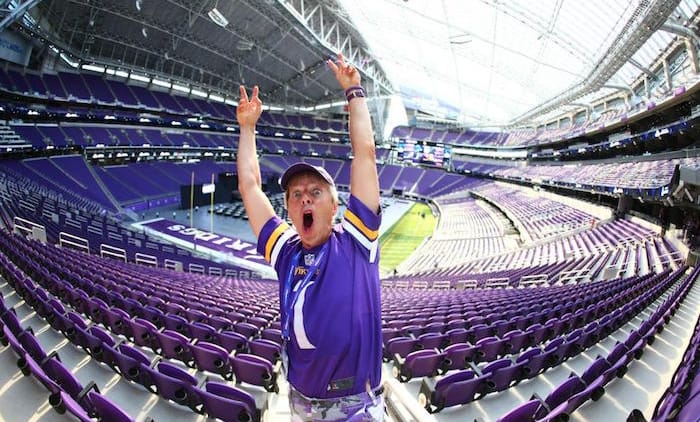The Implications Of Legalized Sports Betting

For about 26 years, sports betting has been outlawed in the US. Within this period, there have been many legal struggles against the policy. However, on May 14, 2018, the US Supreme Court upturned the Professional and Amateur Sports Protection Act (PASPA) of 1992, thereby giving states the right to choose whether to legalize sports betting or otherwise.
After the ruling by the US Supreme Court, many betting enthusiasts, sports organizations, and casinos have been involved in a flurry of activities to have a piece of the billion dollar industry.
Since the bill was passed about six months ago, seven states including West Virginia, Nevada, Maryland, and Mississippi have legalized sports betting, while the states of Illinois, California, Missouri, and 13 others have introduced a bill seeking to make sports betting legal. Only the state of Utah remains uncompromising in its decision to outlaw sports betting.
Legalizing sports betting seems the ideal choice for states because the projected economic output from the money spent by bettors in the US is valued to be around $41.2 billion.
The team at NJ Games has found that, according to the American Gaming Association, sports betting can provide about 86,819 direct jobs with a labor income of $4 billion, and 129,852 indirect jobs with a labor income worth $7 billion if legalized. The resulting fiscal impacts these jobs will provide for both the state and the federal government would be more than $8 billion as well as an added contribution of $22.4 billion to the US GDP.
Leaving the obvious beneficiaries like racetracks, casinos, and betting sites aside, there are many other stakeholders like sports leagues and sports organizations who stand to benefit from legalized sports betting.
Sports leagues such as the Major League Baseball (MLB) and the National Basketball Association (NBA) have asked for 1% fee on all the money wagered from sports betting operators. This “integrity fee” is supposed to keep betting operators in check by monitoring their activities. According to the American Gaming Association, Nevada makes an average of 4% in profit and a 1% “integrity fee” on all money wagered legally would amount to more than 26% of that total profit.
For more details on the future of the sports betting industry and other vital projections, check out the infographic below.

